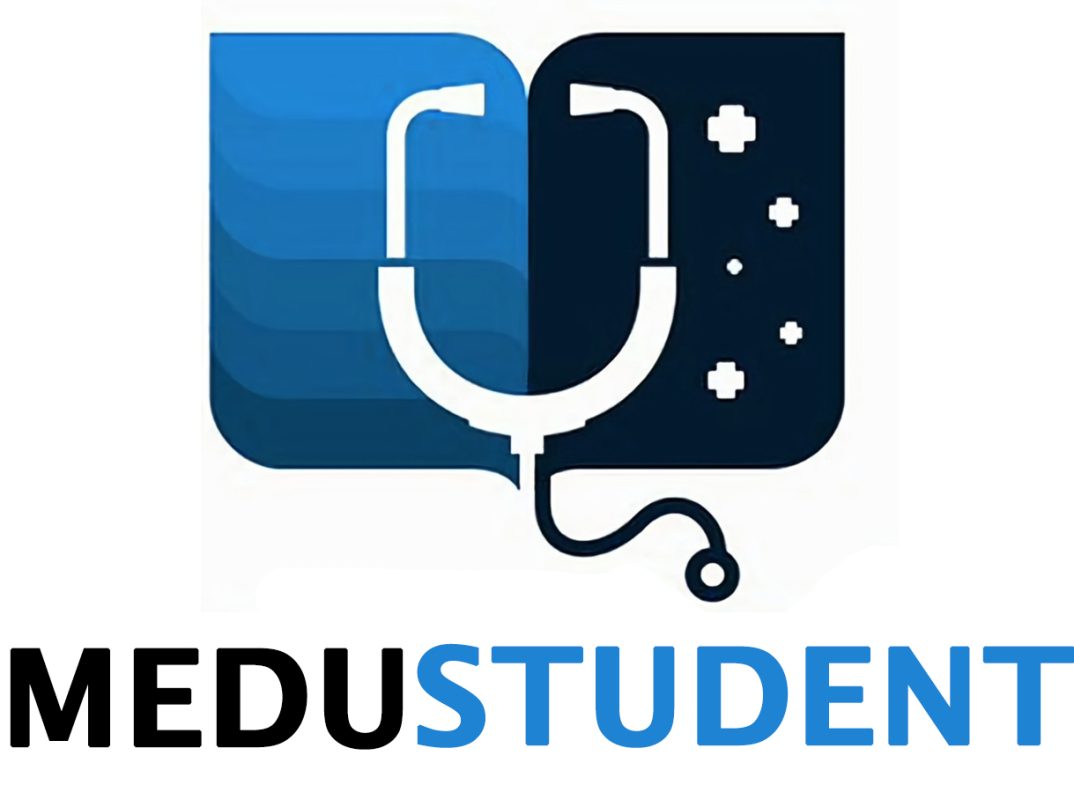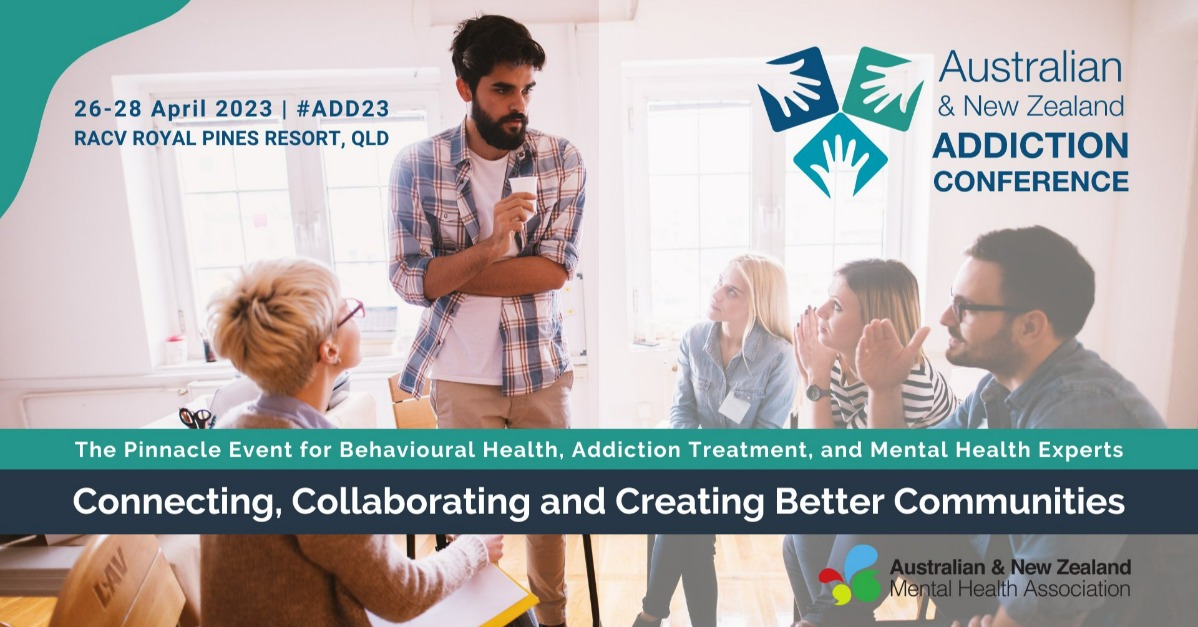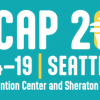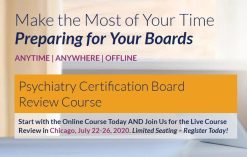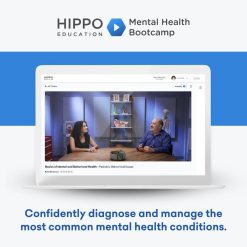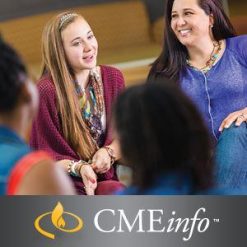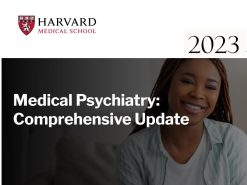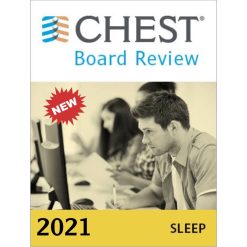Australian & New Zealand Mental Health Association Australian & New Zealand Addiction Conference 2023
$10,00
This Product is shared via google drive download link, So please share your correct Gmail id while placing the order .Please note that there are no CME points or certificate associated with this course Samples for Courses Can be found here : Free Samples Here!
+ Include: 2 videos, size: 51.55 GB
+ Target Audience: addiction clinicians, psychiatrists
+ Information:
A practical, cross-disciplinary meeting focused on prevention, treatment, and recovery across alcohol, tobacco, and other drugs (ATOD). Sessions blend evidence, policy, and lived-experience perspectives to translate research into services that work in real settings.
What You Will Learn
-
Current best practices for screening, brief intervention, and referral to treatment (SBIRT)
-
Evidence-based care for alcohol, opioids, stimulants, cannabis, and polysubstance use
-
Harm-reduction strategies, overdose prevention, and post-overdose engagement
-
Co-occurring mental health, trauma, and physical health management
-
Culturally safe, youth-friendly, and justice-informed approaches
-
Service design: integrated care, digital health, measurement, and quality improvement
Event Details
-
Features: Practice toolkits, service case studies, and lived-experience forums
-
Focus: Translating evidence into policy and frontline implementation across Australia & New Zealand
Who Should Attend
Addiction clinicians, psychiatrists, psychologists, GPs, nurses, social workers, peer workers, public health leaders, NGO and government program managers, researchers, educators, policymakers, and students.
Why Attend
-
Turn guidelines into practical pathways you can deploy in clinics, communities, and systems
-
Learn what’s working in real programs—outcomes, pitfalls, and scalability
-
Build partnerships across health, community, and justice to improve access and equity
+ Topics:
*Note: these are continuous video recordings during the conference, they include individual lectures mentioned in the Detail section below
Apr 27.mp4
Apr 28.mp4
*Detail:
-
Alcohol, opioids, stimulants, cannabis, vaping, and emerging substances
-
Harm reduction: naloxone, needle/syringe programs, supervised consumption, safer-use education
-
Co-occurring conditions: depression, anxiety, PTSD, psychosis, pain, infectious diseases
-
Youth, perinatal, First Nations and Māori/Pasifika-led models of care
-
Justice, homelessness, and rural/remote service delivery
-
Digital tools, telehealth, data, and outcome measurement
-
Workforce wellbeing, supervision, ethics, and lived-experience leadership
Related products
FAMILY MEDICINE
HARVARD MEDICINE
Psychiatry
